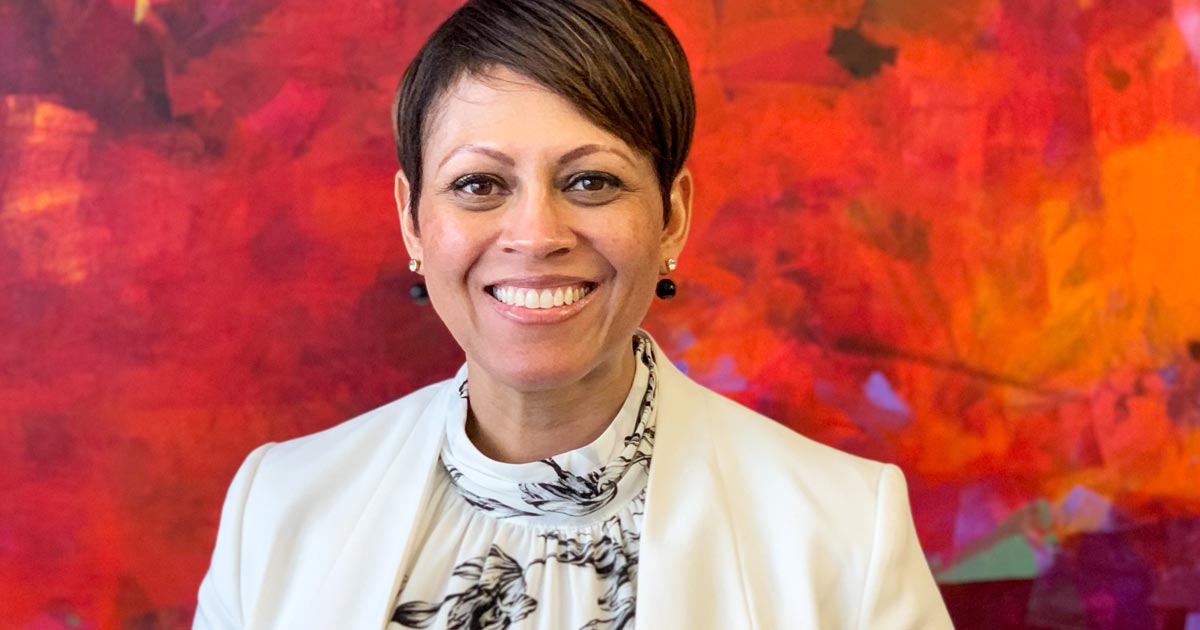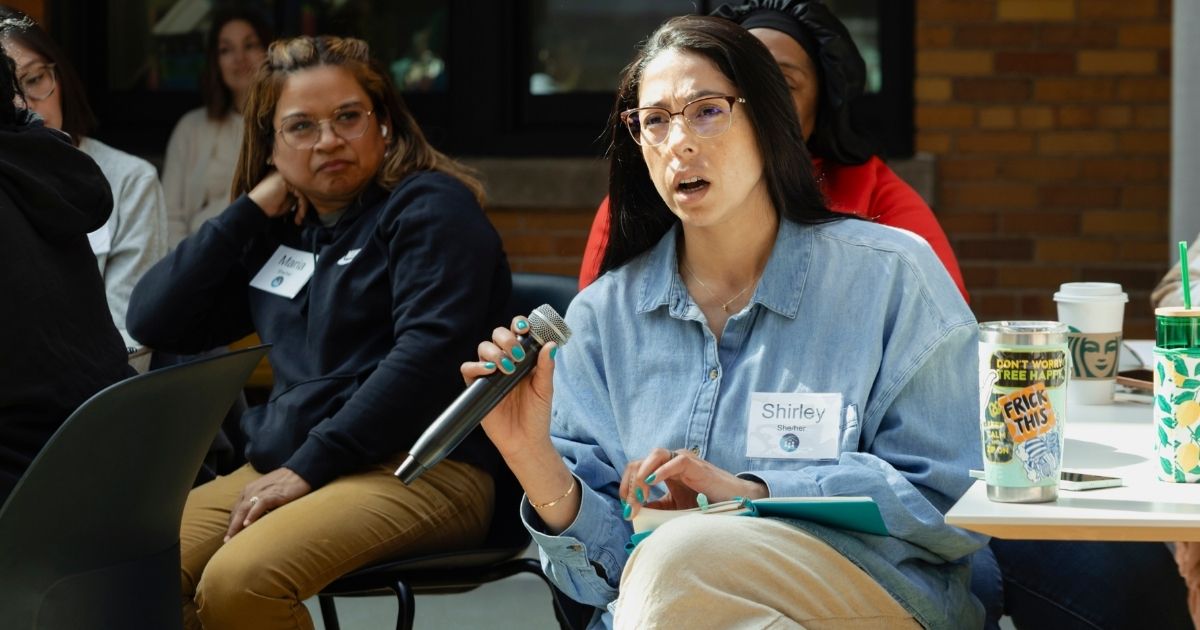When we think of good leaders, we think of people who are strategic, knowledgeable, fair, creative, and who communicate and listen well.
And certainly, good leaders have those qualities. But we now know that the best leaders also have a high level of awareness that enables them to recognize and understand differences between groups of people in the workforce and how those differences affect the way we react to people unlike ourselves. They are also willing to learn and act to ensure everyone has the opportunity to be heard, contribute and rise.
The Harvard Business Review defines these as the qualities that inclusive leaders need:
- VISIBLE COMMITMENT: They articulate an authentic commitment to diversity, challenge the status quo, hold others accountable, and make diversity, equity and inclusion a personal priority.
- HUMILITY: They are modest about capabilities, admit mistakes and create the space for others to contribute.
- CURIOSITY ABOUT OTHERS: They demonstrate an open mindset and deep curiosity about others, listen without judgment and seek with empathy to understand those around them.
- CULTURAL INTELLIGENCE: They are attentive to others' cultures and adapt as required.
- EFFECTIVE COLLABORATION: They empower others, pay attention to diversity of thinking and psychological safety, and focus on team cohesion.
The sixth quality, and the one that activates the first five for success, is a level of awareness that makes it possible to identify both personal blind spots and flaws in the system.
These blind spots, otherwise known as unconscious or implicit bias, are far more common than conscious prejudice. We believe that our experiences are similar to those of others, and so we don't see the barriers that others face. These unconscious biases often conflict with our conscious values, but because we don't recognize them it's harder for us to understand when they are affecting our thoughts and actions. This is especially true when we're tired, rushed or stressed.
But we can build better inclusion reflexes, and education and coaching can help. It starts with recognizing and confronting those implicit biases, acknowledging that we all have them, and working hard to ensure that we build and maintain leadership practices that overcome them.
Want to know more? Inforum's virtual course, Encountering Diversity with Inclusive Thinking, helps leaders of all genders enhance their competence and confidence in navigating diversity dynamics, especially with the retention and career advancement of women and people of color. You can contact me at [email protected]
Lorrena Black is vice president of leadership development at Inforum. Inforum is a 501c3 nonprofit that provides opportunities and tools to companies and individuals to build connections, talent, and careers through a portfolio of leadership development programs and seminars, events, and strategic networking opportunities through three dozen affinity groups and a range of other settings.
Photo courtesy of Inforum.




